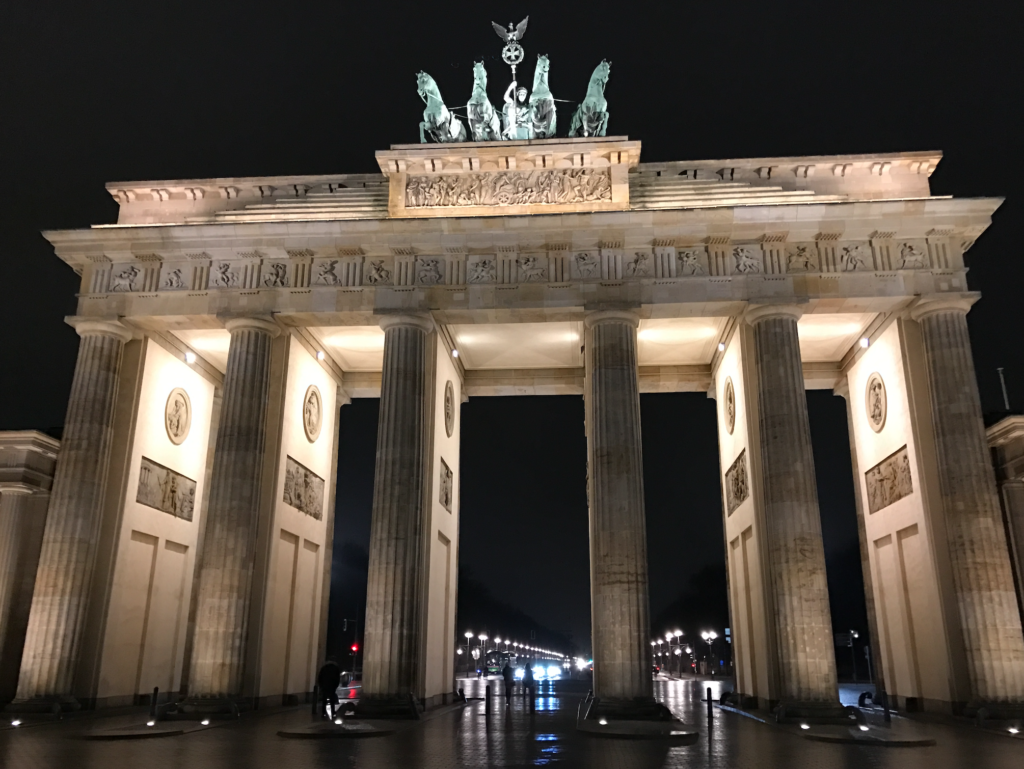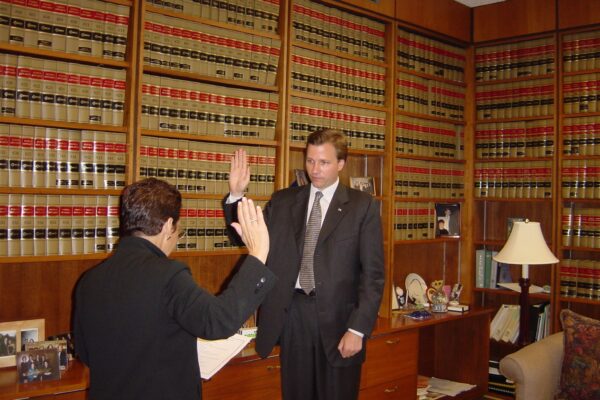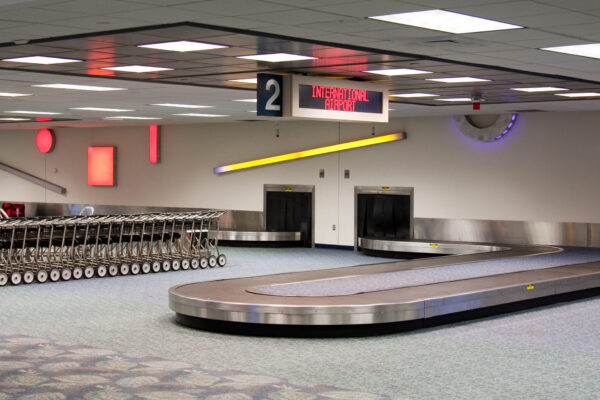Despite being a global business consultant I have only shared this story with a few close friends before. My father was born in 1936 in a German town called Kassel, northeast of Frankfurt. The oldest of five siblings (the youngest of whom died soon after birth), he spent much of the first eight years of his life living through World War II. He and his mother and siblings moved between air raid shelters and scavenging for food while his father, my grandfather, was deployed to the front lines as a German Army surgeon for several years.
I will never forget when, early in 1991, I told my father that I planned to emigrate to America. He had a smile on his face and shared with me that the first American he had ever laid eyes on was a soldier from the 80th Infantry Division, in April of 1945, just before the war ended. As American tanks were rolling into my father’s hometown of Kassel, he dared to come out of the bunker where he and his siblings and my grandmother had found refuge. He saw an African-American soldier walking next to a very loud tank. At first my Dad was scared but then he noticed the soldier handing out bars of soap with a disarming smile on his face. Soap was in very short supply in those days, and my Dad gratefully accepted the bar and ran back to the bunker.
Ever since that day my Dad has had a smile on his face when he thinks of America. So he told his then 20-year-old son that while he would miss me, he fully supported my emigrating to the United States and building my own life as a global business consultant there.
Several generations of Germans grew up with enormous respect for the United States and its allies that was built on the trust that developed based on America’s conduct during and after World War II. The decision to organize the largest airlift of critical supplies in the face of a Soviet blockade of the city in 1948 and 1949 saved hundreds of thousands of German lives. Led by the Americans and British, more than 200,000 flights airlifted critical fuel and food supplies. At the height of the Berlin Airlift, a plane touched down in West-Berlin every thirty seconds. No city of this size, with a population of more than 3.3 million people, had ever been supplied solely from the air before.
The Marshall Plan had an impact on the country that is impossible to overstate. It has shaped the German economy and education system to this day. President John F. Kennedy’s declaration in the middle of the Cold War that the United States would continue to defend West-Berlin and, in fact, declaring himself and all free people around the world to be citizens of the city with his famous statement “Ich bin ein Berliner” will never be forgotten in the hearts and minds of Germans everywhere.
When the Berlin Wall fell in November of 1989, it soon became clear that West and East Germany would want to reunite. Initially, there was not a lot of support for this idea in Great Britain or France. Then Prime Minister Margaret Thatcher famously stated, only half in jest, that she liked Germany so much, she would like for there to be two of them. But under the leadership of President George H.W. Bush, and with the support of Congress, intricate negotiations took place that ultimately resulted in the support for a reunited Germany from across the globe.
I would like to share one more personal story that illustrates the bond between Germany and the United States. When I was in my 20s, before I became a global business consultant, I returned to Berlin every year, usually for Christmas. My English had gotten fairly good by then. One night I went to a bar near the city center and, on a whim, I decided to try out my English skills while ordering a couple of beers, even though I was in my hometown where everyone spoke German. When the bartender asked me where I was from, I said “America” in a bit of a white lie (I was living in America at that point, after all). He immediately got a smile on his face, just like my Dad had, and said that drinks would be on him.





